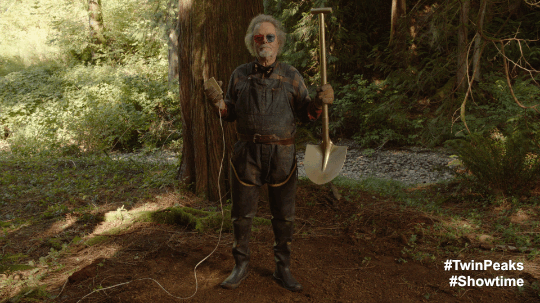A daily ritual that I have observed for several years now is to begin each day by reading from selected philosophical and theological texts. Last year, alongside revisiting the Stoics, I managed to give myself a grounding in Taoism, Confucianism and Buddhism. I supplemented these with some early Christian monasticism and the maxims of the 17th Century philosopher Baltasar Gracián.1
- Aurelius, Marcus: Meditations (r2)
- Confucius: The Analects
- Epictetus: Discourses and Selected Writings (r)
- Gracián, Baltasar: The Pocket Oracle and Art of Prudence
- Mascaro, Juan: The Dhammapada
- Seneca: Letters from a Stoic (r)
- Tzu, Lao: Tao Te Ching
- Walker, Brian Browne: Hua Hu Ching: The Unknown Teachings of Lao Tzu
- Ward, Benedicta: The Desert Fathers: Sayings of the Early Christian Monks
I have begun 2021 with fewer texts, covering a wider range of subjects and ideas. Alongside Aurelius and Seneca, I am going to re-read specific sections of the bible; take a broader look at Western philosophy3; and also read Stephen King’s ‘On Writing‘ which has been sitting unread in my Kindle Library for over a year. Not a philosophical text per se, but one that I hope will go some way to helping me achieve one of my goals for 2021.
- Aurelius, Marcus: Meditations (r)
- The Bible (NSV)
- New Testament:
- The Epistles of Paul
- James’ Epistle
- Old Testament:
- Psalms
- Proverbs
- New Testament:
- King, Stephen: On Writing
- Russell, Bertrand: History of Western Philosophy
- Seneca: Dialogues and Essays
- Hat tip to Doug Belshaw for that one.[↩]
- (r) Indicates ‘re-reading’.[↩]
- I feel that I have a firm understanding of Stoicism. And from sixteen years of teaching A-Level Literature and Media Studies, a sound understanding of more modern philosophies, particularly romanticism, modernism and post-modernism. My knowledge of various religions is good and I have a reasonable grounding in Eastern philosophies and theology but there are significant gaps in my understanding of Western philosophy. I hope that Bertrand Russell’s much lauded (and criticised) book can help begin to plug those gaps.[↩]
